About the Cossacks
Vitaly Dudin
About Myself
I have tasted the forbidden fruit,
And so paper, watch out.
I am a son of an ordinary people,
A leaf torn from the tree.
The kings of my ancestors valued,
Considered a shield for the state,
And if they had preserved the country,
I would have become a Cossack like them.
It didn’t happen, it didn’t come true, but in life
Nothing happens without reason,
The Cossacks are not needed by the homeland
And I chose the seas for myself.
I must say in secret,
I have never sat in the saddle,
And the sea, this profession,
Having chosen it, I never regretted.
I traveled to interesting countries,
Wrote something for the soul,
But alive in me, strangely enough,
Are my Cossack roots.
No, I do not regret anything,
So let the sea forgive me,
That even in the ship’s horn
I hear the clatter of hooves.
On the Laba River
On the Laba River
Early in the morning,
Dawn wandered over the water
Through the fog.
The right bank glanced at the Cossacks,
The left bank - at the old mountain village.
The fog broke, burst,
Swirled in a whirlpool, disappeared.
Along the wattle fence grows grass -
Nettle up to the waist.
Under the reins, a Cossack
Led the horse out of the stall.
Skillfully combed the mane, tousled it,
And galloped straight away.
Looked at the kuren from under his arm -
The youth are spoiling the riders again.
Dew silvered
The greenery of the garden.
A beautiful maiden came out
Behind the fence,
Adjusting the yoke on her shoulder
She descended the path to the stream.
The dawn is reflected in the spring,
And the Cossack gives water to the horse from his palm.
In the shallows, the water
Rustles with pebbles.
The young rider
Set the horse to a trot.
To the stream by an inconspicuous path,
The young man follows the Cossack girl.
Blackberry bushes, clusters of blue,
And by the quiet backwater - wormwood.
Two buckets full
Of spring water.
And in the willows from morning
The nightingales sang.
The horse playfully walked on a lead,
Unaware of someone else’s trouble.
Far away, the Laba breaks its channel and flows,
And tomorrow the Cossacks will be on campaign again.
Time of Troubles
What happened in the native land?
The Cossack clan lost peace.
It was simple since time immemorial -
The tsar’s will is the law.
Protect peace on the borders,
Calm the people during rebellions,
With troublemakers—a brief talk,
And the whip if a scoundrel or thief.
They gathered the army — went on campaign,
Feared no troubles,
Did not complain — the Cossack was always
Eager for war and for women.
And how sweet, returning home,
To gallop through the native stanitsa,
To rest the soul among family,
As if the war never existed.
And if a dispute arises with a neighbor,
Over women or some nonsense,
They fought with fists—that’s an honest fight,
Only the kuren leader wouldn’t recognize it.
A dirty game of ideas
Divided battle friends.
No tsar, whom to swear allegiance to?
How to handle the freedom?
And dignity and honor
Changed to insane revenge,
And brother went against brother with a blade,
And stanitsas and khutors burned.
Uncomfortable in the native land,
The Cossack land lost peace.
And yet it was always—
The tsar’s will is the law.
Before the Battle
Watchful silence over the grove,
Smoke of the fire drowned in the swamps.
Horses whinny restlessly,
Tomorrow again to battle, battle at dawn.
Cleaned, inspected down to the horseshoes,
Silver shines on the harness.
At the signal “Mount up,” everything is ready,
The Cossack’s saber waits, the saddle waits.
They await the hot battle at dawn,
The cavalry will clash beyond the river.
Must overcome, no other way,
Peace is needed on native land.
Sleep sneaks quietly through the kurens,
Hides in the shaggy heads.
Cossacks sleep. Sleep. Not yet time.
Covered with burkas, they sleep.
Battle
The messenger galloped by
And back with a signal,
It rushed: battle, battle, battle…
Whether a cry or a whisper.
Burkas thrown over shoulders in an instant,
The war horse froze,
And a hand on the saddle—
“Stanichniki, battle!
And—To the ho-o-orses!
Sabers to battle!”
“Boys, God be with you,
It’s not the first time.”
Spurs all at once,
And galloped off,
A charge burst forward
Face to face.
The steady pounding of hooves—
Growing thunder,
Only the saber shines,
Only the burka like a wing.
And—go on!
And slash!
Well, boys, what can I say,
God judges us today.
The steppe was sick, shaken—
Not for it death and blood,
It is destined to feed,
Not such a fate.
And people are hard to understand
(Why so much evil?)
Why kill,
Why the war?
Cut off, bypass,
And … follow me!
Well, boys, to blades,
Come on, this fight!
The torn feather grass scattered in the steppe,
The horse gallops straight
Across the field alone.
Lost its rider,
Why—won’t understand.
The price of victory—
Widows’ and orphans’ tears.
Stop! Stop! Slow down!
Dismount! Unsaddle!
This battle is behind…
Rest.
Cossacks, Cossacks…
Slightly rose in the stirrups,
Loosened the reins
And already in the swing
The saber sharply went.
The black stallion soared
Without touching the ground,
The horse felt sharply—
Either us, or they.
And the Cossack did not flinch,
Slashed to the saddle.
And again, and again—
From the flank, from the shoulder.
Sabers bare—to battle,
In a wave, downhill,
Rushed like an arrow,
Squadron after squadron.
Only horror in the eyes,
Horses’ breath and pounding around,
And the fallen enemy,
And the fallen friend.
It is not fitting for a Cossack
On native soil
To suddenly fall from the saddle
And not sit in the saddle.
He had been many times
In fierce battles,
And forever
Drove the enemy from the saddle.
Who was born a Cossack,
Knew free will,
Who absorbed this will
With mother’s milk,
Never, no matter what,
Would give it up.
The squadron of brave, proud people entered battle.
They fought for the truth,
Like in a race cutting the “vine,”
Those who loved the truth,
Only their own truth.
Cossacks, Cossacks—
On the left, on the right—a Cossack.
And sabers flash
Through the fog in the minds.
Who forced to shed blood
So that the whole kin ran dry?
White, red—any,
To them the Cossack was unnecessary.
And those who valued freedom
So that they were not in tune with “them,”
Forever ended up
On a GULAG stage.
The trace of horseshoes disappeared
On Cossack land,
Either the term ended,
Or everyone perished.
Only grass stretches
Far beyond the hill,
As if a battle squadron
Moves like a wave.
The Cossack Woman
The woman lit the stove,
Bitter, acrid smoke in the hut—
Something’s wrong with the draft,
Needs cleaning, but no strength.
These walls have aged,
And how many years.
She lived a long life,
Where is that death? Still not, not yet…
Dog and cat—both skinny.
She could handle them alone…
The husband was rarely home,
But the Cossack was daring.
He always had everything…
He was always making something…
The barns in order and livestock,
All watched, everyone fed.
Through the wattle fence, not even a dog,
Not even a mouse would slip through…
He was cheerful, a merry fellow,
Girls stuck to him like honey.
And she! Hair to the waist
Like a sheaf. And the color? The stature? —
Golden ripe ear of grain,
Cossacks could not resist.
But he was a prankster,
Not letting a single one go…
Cossack life is no celebration,
He would have forgiven everything—if alive.
Yes… he cherished her,
And pitied, yes… and protected…
And asked gossip not to believe,
Always joked—God will judge.
Like the dzhigit competitions—
He wins the main prize!
He was desperate and skillful,
If he got excited—hold on!
Kind to his own, the stanitsa people,
Always helped as much as he could.
Not even with an inappropriate word
Did he offend, God sees.
And he was an excellent fighter,
And when he came back from war,
He was already a full cavalier,
Yes, with crosses on his chest.
And then the turmoil descended…
The Cossacks bubbled…
The khutor immediately split—
Rich men, poor men…
Those were the rich men…
They never quit working…
Yes, they ate and drank to their fill,
Worked till dawn.
They took everything cleanly:
His wealth like a kulak’s,
And those crosses, and medals,
And linen from the chest.
She should have also been in the settlement,
But she was already pregnant,
Well, it seems they felt sorry,
Not her, but the child.
Rich men…
Look, the hut…
That is all the wealth…
Today refugees, or whatever?
Built palaces.
And she lost the child…
How she lay flat then,
Only in spring did she get up—
Skin, bones, and soul.
Looked around, recovered,
God did not take her, so she must live.
And she lived, endured everything:
She worked hard on the collective farm,
And stayed under the German.
Hunger in the terrible thirty-third
(It’s terrible to recall those years).
Everything mixed up in the head…
What follows what? Such pity…
The power seemed to have changed…
It was time to rest, gathered herself,
Got so many changes.
More than enough to survive.
Cossacks?
On the Great Holiday, the Cossacks
Hurry to the church.
Some on their own, some by taxi,
Some on foot.
The ataman promised a bus,
But it failed,
Probably caught a nail somewhere
And “unhooked.”
A bay-colored “Zhiguli”
The clerk parked,
With him the headquarters—Cossacks pass by
And everyone steps aside.
Next to it, a pure black “Opel”
Parked quietly,
It’s a pacing horse, tail curled,
Antenna in place.
And in the church. Important ones stand
In ridiculous uniforms—
Half paratrooper, half disciplinary battalion,
Half legal
Career Guidance Program for Students of Secondary School No. 2 in Makaryevo within the Framework of Career Education Days
Class Parent Committee Regulations
Yevgeny Kulkin: Poet, Novelist, and Guardian of Cossack Heritage
"Mathematics Lesson Plan for 2nd Grade: Mastering Calculation Techniques for Problems like 26+7"

 Deutsch
Deutsch
 Francais
Francais
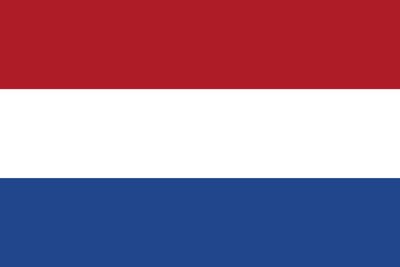 Nederlands
Nederlands
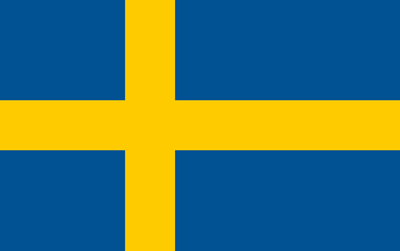 Svenska
Svenska
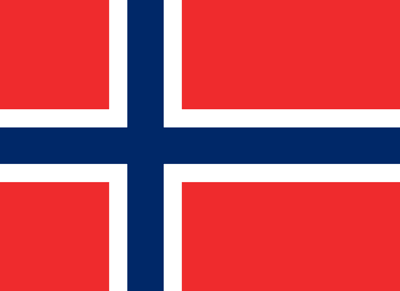 Norsk
Norsk
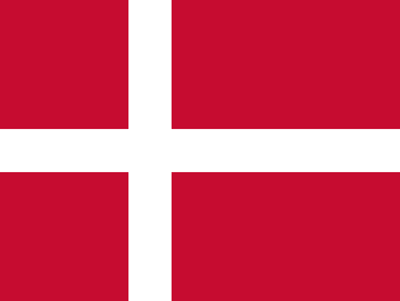 Dansk
Dansk
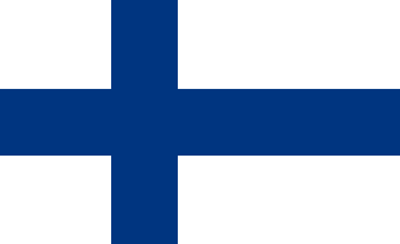 Suomi
Suomi
 Espanol
Espanol
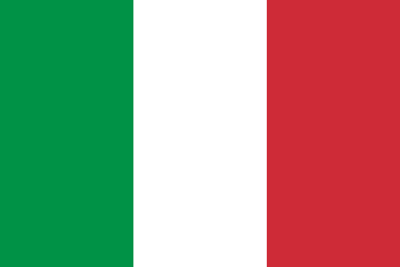 Italiano
Italiano
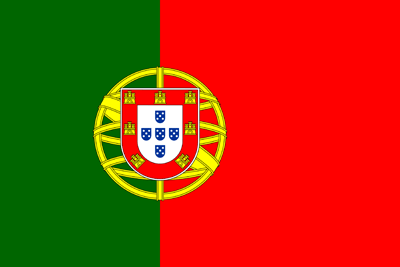 Portugues
Portugues
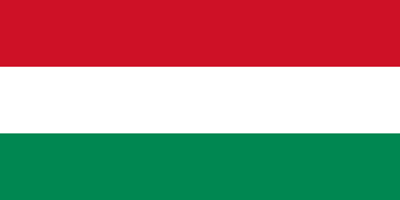 Magyar
Magyar
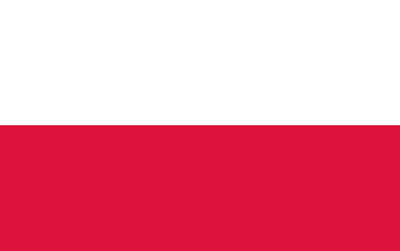 Polski
Polski
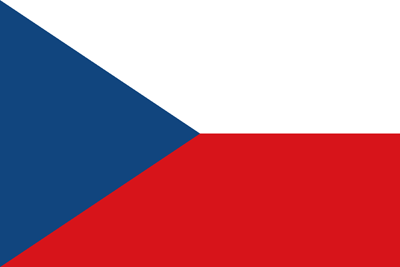 Cestina
Cestina
 Русский
Русский